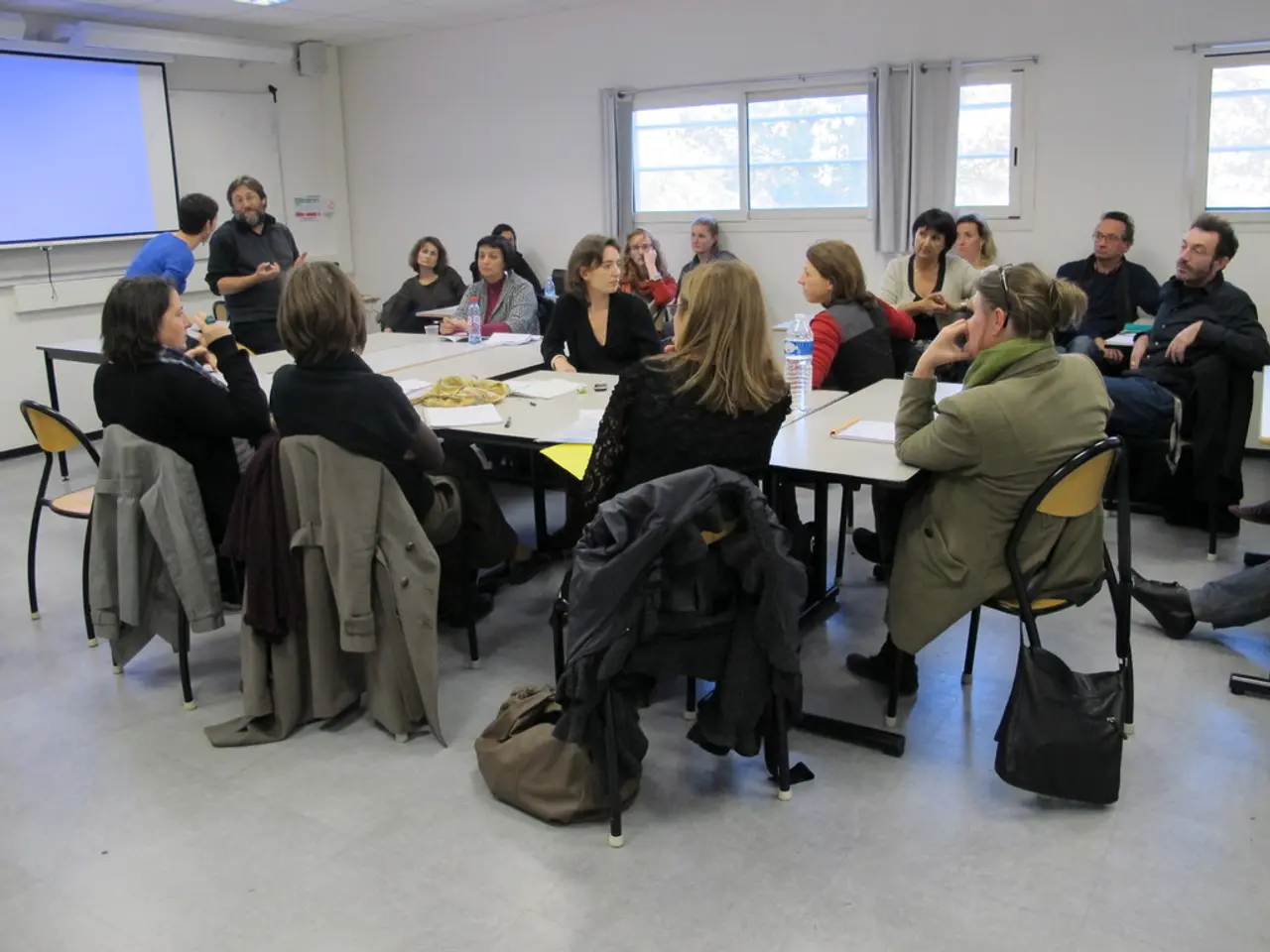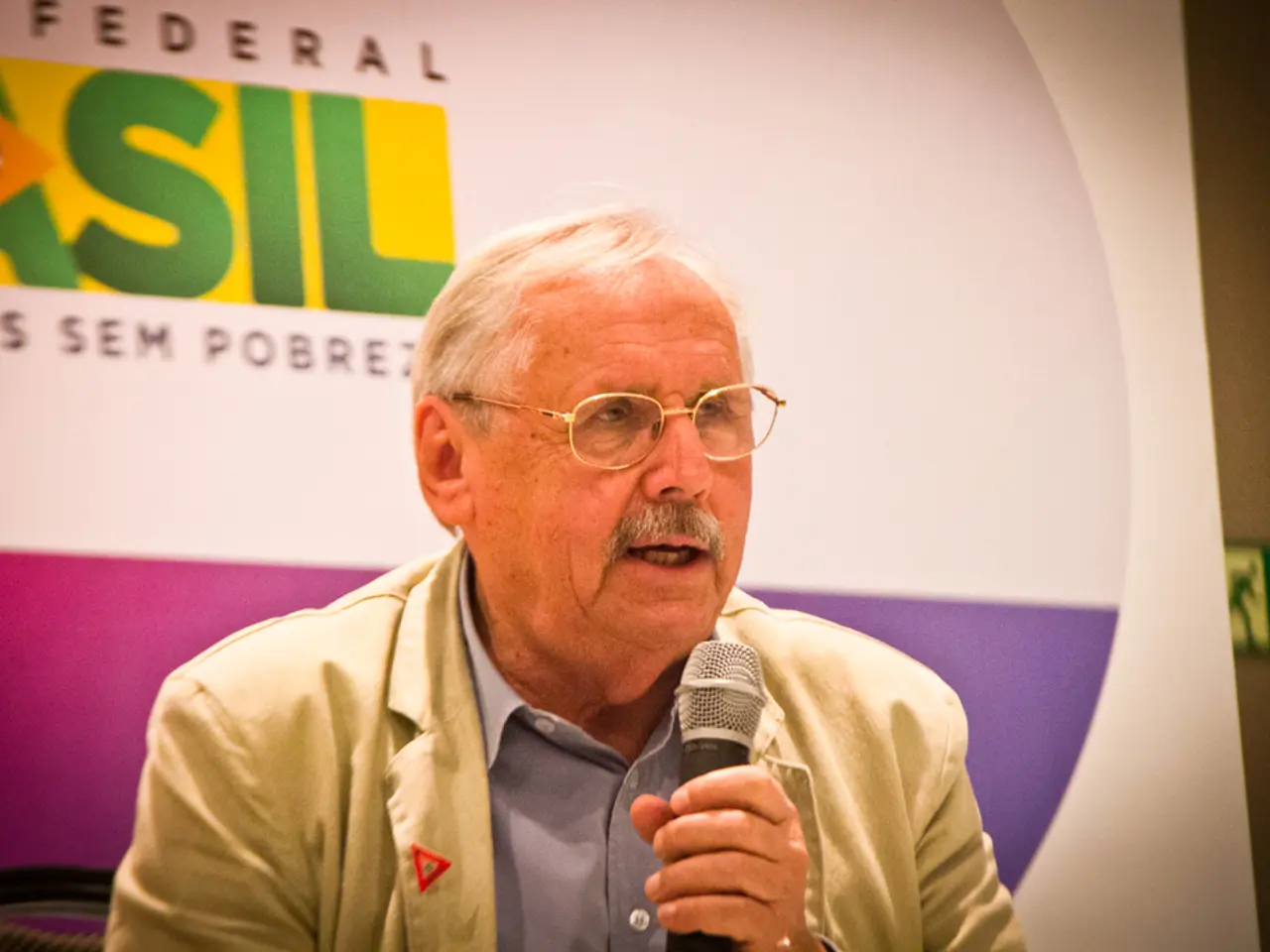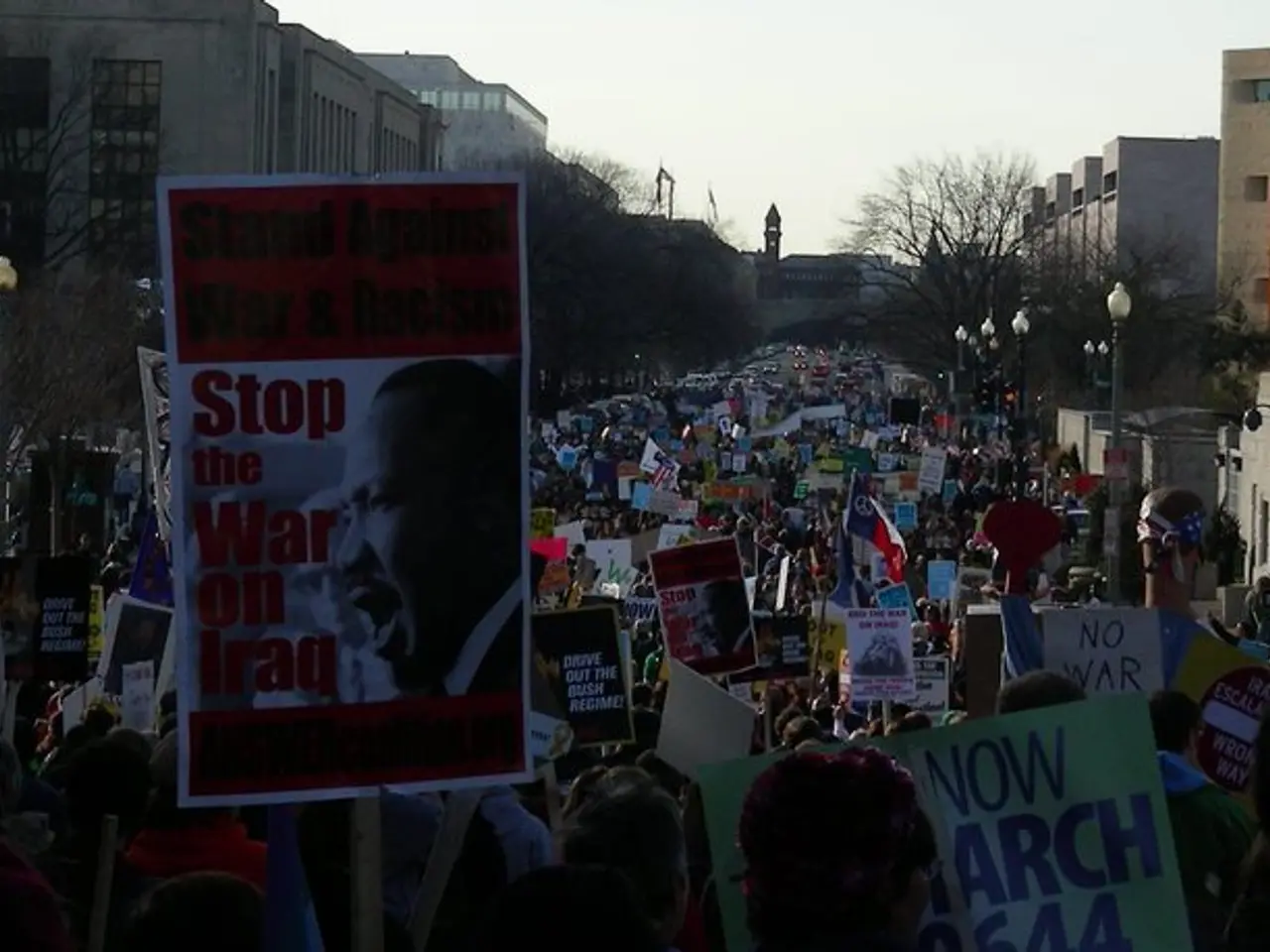Hamas expresses readiness for immediate negotiations towards a Gaza truce
In the ongoing Israel-Gaza conflict, a US-backed ceasefire proposal has been met with a positive response from Hamas, but significant hurdles remain in finalizing the agreement.
Hamas has expressed its readiness to engage immediately and seriously in negotiations on the mechanism to implement the proposed 60-day truce. However, the militant group has attached key conditions and reservations that present challenges to reaching a final agreement.
One of the main conditions Hamas is demanding is the removal of the "good faith" negotiation clause for extending the truce. The group fears that this condition, which states the truce would extend only if both sides negotiate in good faith, could provide Israel with a pretext to abruptly end the truce and resume hostilities, as happened in March. Instead, Hamas demands that the ceasefire talks continue until a permanent agreement is reached, without a time limit on negotiations. Israel, however, opposes this, fearing that Hamas could delay talks indefinitely.
Another key demand from Hamas is guarantees that the Israeli offensive will not resume after the 60-day truce period. The group seeks assurances that Israel will not restart military attacks on Gaza when the truce ends.
Hamas also wants clearer provisions ensuring effective humanitarian aid delivery to Gaza and the withdrawal of Israeli forces. The group has raised concerns about nearly daily reports of Israeli fire on people waiting to collect rations, which have marred the Gaza Humanitarian Foundation's operations.
The exact details on which captives would be freed also remain unclear, with Hamas seeking clarity on this issue. The ceasefire proposal includes a provision for Israel to release 10 living hostages and several bodies in exchange for Palestinians detained by Israel, but the specifics of this exchange are yet to be agreed upon.
Prime Minister Benjamin Netanyahu is scheduled to meet with US President Donald Trump on Monday to discuss the ongoing issues. The Israeli security cabinet is also expected to meet after sundown to discuss Israel's next steps regarding the ongoing conflict.
The Gaza Humanitarian Foundation took the lead in food distribution in Gaza in late May, but its operations have been marred by attacks, such as the targeted attack on Saturday that wounded two US staff members.
The war in Gaza, which began with an attack by Hamas on Israel in October 2023, has resulted in the death of thousands of civilians. According to an AFP tally based on Israeli official figures, the Hamas attack resulted in the deaths of 1,219 people, mostly civilians. The Israeli retaliatory campaign has killed at least 57,338 people in Gaza, also mostly civilians, according to the Hamas-run territory's health ministry. The United Nations considers these figures reliable.
As negotiations continue, it is crucial that both sides find a way to address these key conditions to ensure a peaceful resolution to the conflict and the safe release of hostages. The international community will be closely watching the developments in the coming days.
- The ceasefire proposal, currently under negotiation, faces challenges due to Hamas's demand for the removal of the "good faith" negotiation clause and their insistence on no resumption of Israeli offensive after the truce.
- Hamas also seeks guarantees for effective humanitarian aid delivery to Gaza, withdrawal of Israeli forces, and clarity on the captives exchange details in the ceasefire proposal.
- Prime Minister Benjamin Netanyahu and US President Donald Trump are set to discuss the ongoing issues, while Israel's security cabinet is planning to meet to discuss their next steps regarding the Israel-Gaza conflict.
- The international community is closely monitoring the developments in the Israel-Gaza conflict, with the ongoing war causing significant casualties among civilians, as reported by the AFP and the Hamas-run territory's health ministry. The importance of addressing these key conditions cannot be overstated in ensuring a peaceful resolution to the conflict and the safe release of hostages.








